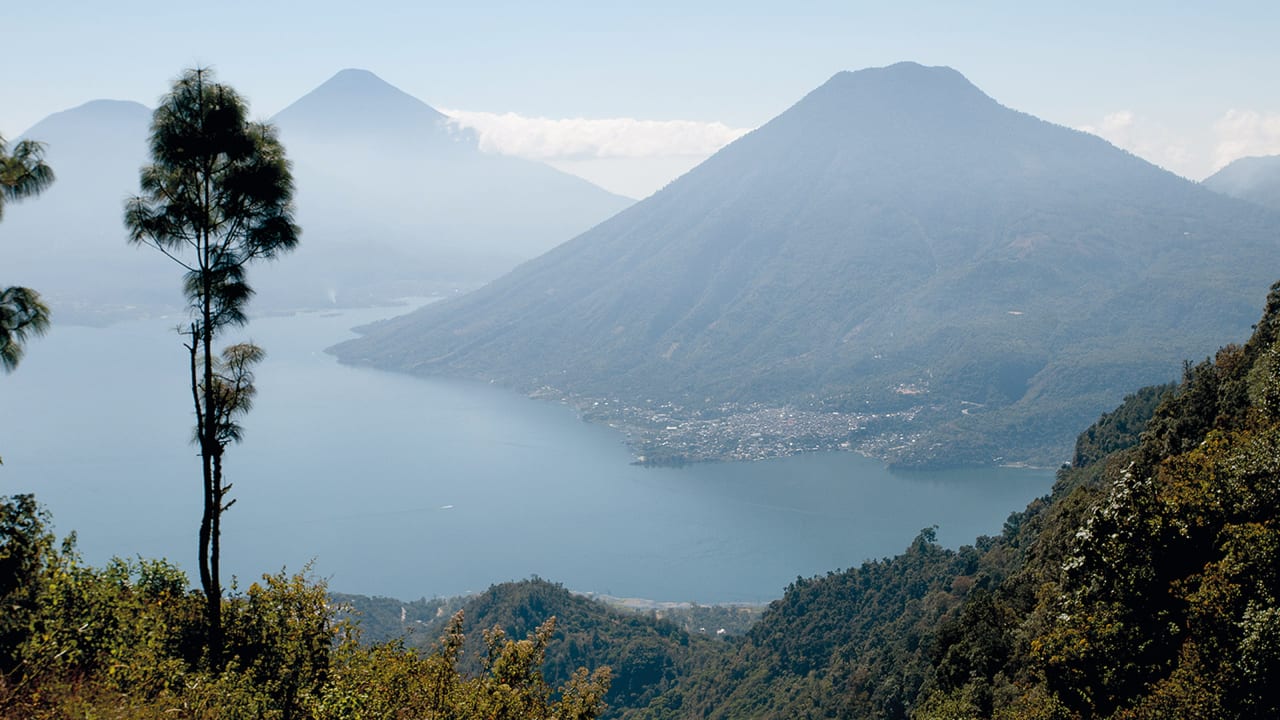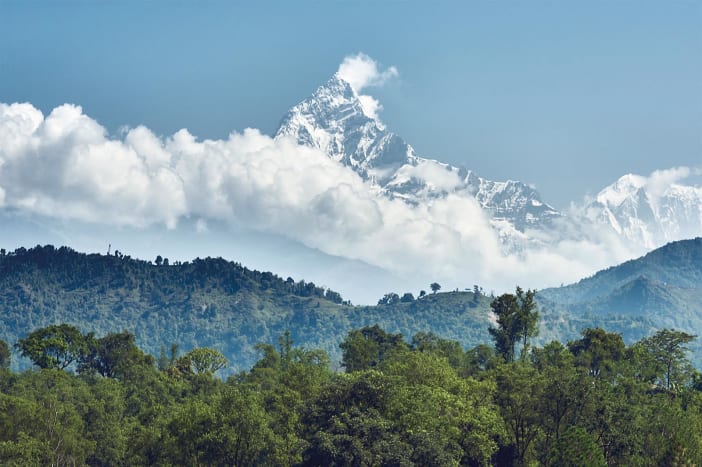When you think about our planet and the impact that human activities are having on the environment, what makes you feel sad and angry? What specific activities can you identify that go against God’s will?
Spend some time thinking about this while you read these words from Isaiah 5:8–10:
‘Woe to you who add house to house and join field to field till no space is left and you live alone in the land. The Lord Almighty has declared in my hearing: “Surely the great houses will become desolate, the fine mansions left without occupants. A ten-acre vineyard will produce only a bath of wine; a homer of seed will yield only an ephah of grain.”’
Warning
Chapter 5 of Isaiah contains a series of warnings for a people who were straying a long way from the promise they had made to obey God’s laws and serve him forever (Exodus 19).
The first warning is focused on the over-exploitation of the land, ‘Woe to you who add house to house and join field to field till no space is left…’ Through the prophet Isaiah, God was warning his people that their actions were far from his purpose for humanity, and for the earth.
When we read this text, it is not difficult to think of places today where some people continue to take field after field, damaging ecosystems and livelihoods.
In Guatemala, for example, a few years ago the northern part of the country was covered in tropical forests. Over time these forests became fields of pasture for cattle, then fields for sugar cane and African palm. The original inhabitants have been forced to leave or convinced to rent out their land, only to have it returned to them barren and useless.
This does not seem very different from the lament and warnings in the book of Isaiah.
Hope
Beyond giving value to land, water, forests and animals because of their benefits for human beings, the Bible teaches that the whole of nature has its own value because it is God’s creation. He sustains it and delights in it (Psalm 104).
So, in a way, these warnings for those who over-exploit and damage the land are hope for the whole earth. Because it means that God cares about what happens to the land, and he cares about what happens to us. He has a plan for restoration – a new heaven and a new earth – as described in Revelation 21.
God unfolds his history and that of humanity on a stage surrounded by everything that he has created. And God is very clear that, as created beings ourselves, made in his image, we have a duty to look after and care for all that he has made (Genesis 1:26–28; Psalm 8).










